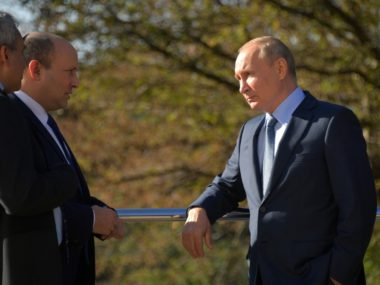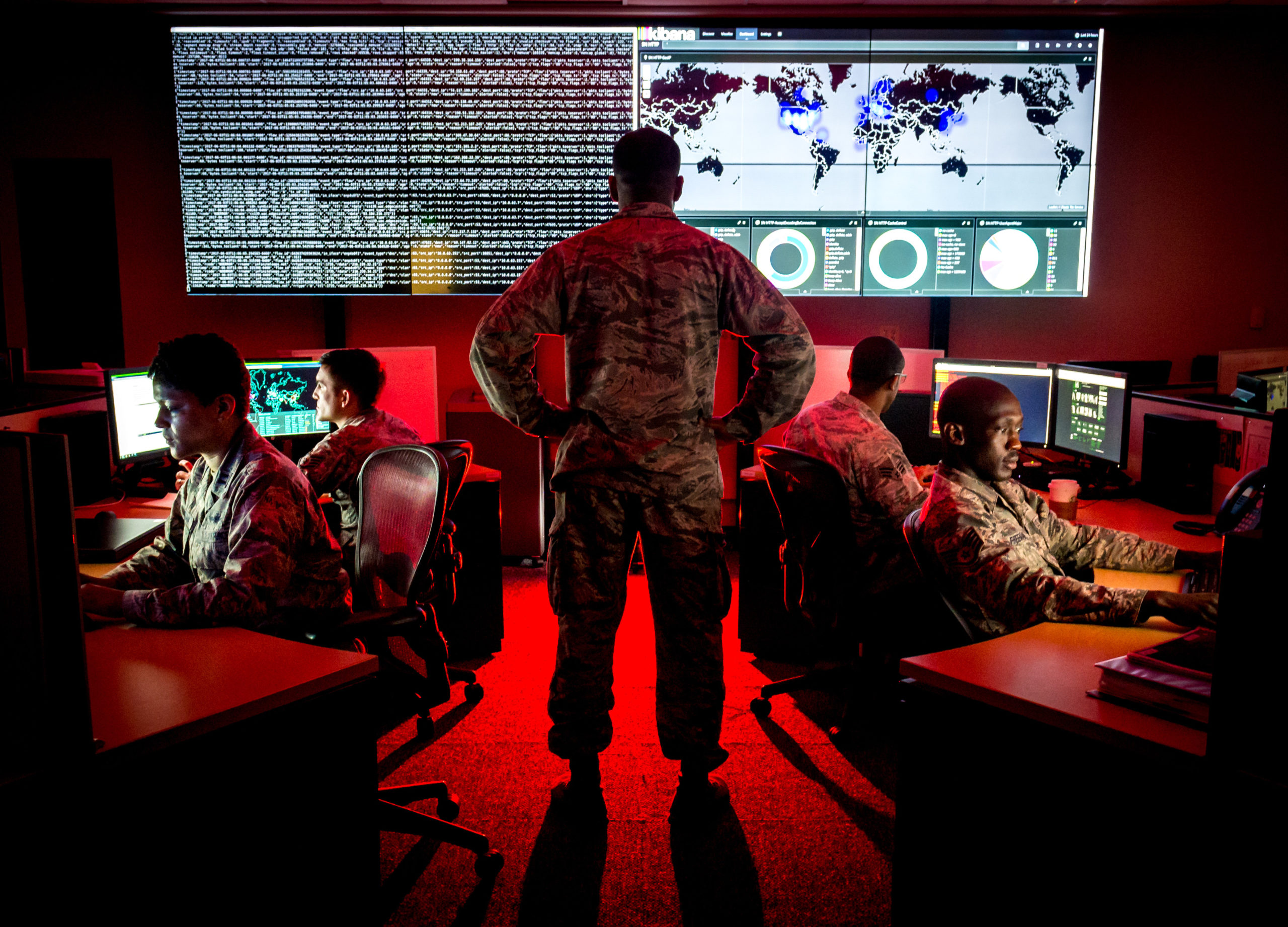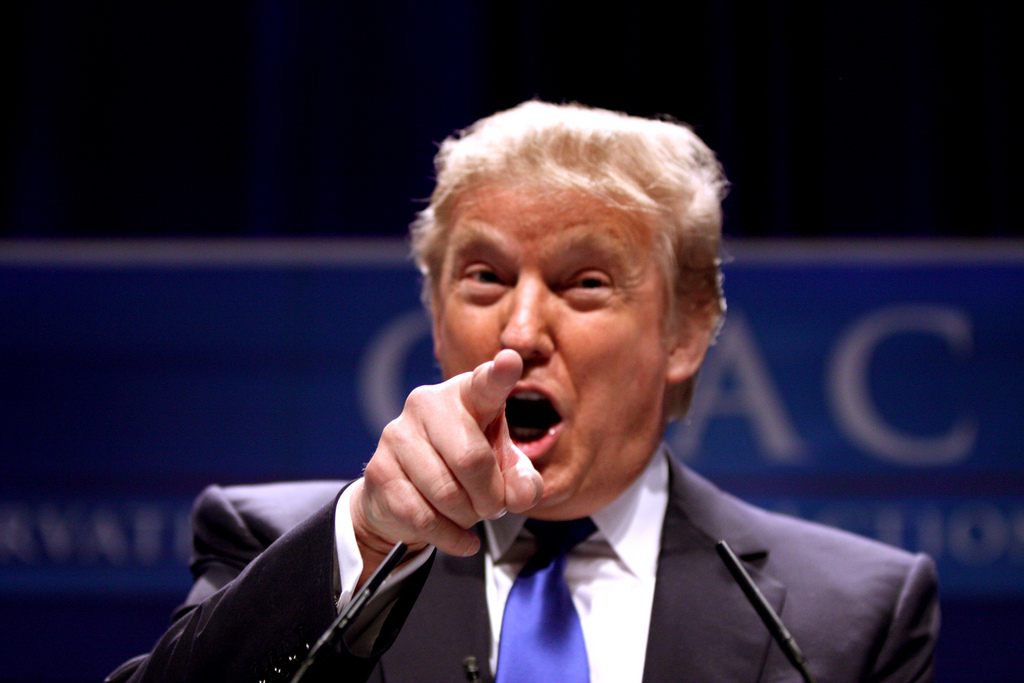Normalizing Diplomatic Relations with North Korea has Been Off the Table for a Long Time. Maybe It’s Time for a Change.
By Bridget Coggins.

In recent years, President Obama has slowly reestablished diplomatic ties with US rivals in Cuba, Iran, and Myanmar. More recently, the administration turned to North Korea. The Wall Street Journal disclosed that, late in 2015, the US hoped to engage the North to negotiate a final settlement to the Korean War. Unfortunately, engagement ended before it began, with Washington insisting on denuclearization talks and Pyongyang refusing them out of hand. Today, bilateral tensions are high following new missile tests and tougher UN sanctions. At the recent “mini six party talks,” the US Special Representative for North Korea did not meet with the North even though it had sent its first envoy since 2012.
Given the climate in Washington, the prospect of establishing diplomatic ties seems far-fetched. But it may not be as revolutionary a policy change as it seems, and even the offer of diplomatic relations may yield benefits. It deserves serious consideration.
Ignoring difficult political questions about whether or how an American decision to normalize relations might come to pass, what would American diplomatic engagement with North Korea mean? And what positive consequences might follow?
What would it mean? Not that much.
North Korea is often called a “pariah” state, suggesting that it is excluded from participating in the international community. However, the DPRK has exchanged widespread diplomatic recognition and holds seats in prestigious organizations including the WHO and the UN (it joined, with Seoul, in 1991). Further, several important countries, including the UK, Brazil, Canada, Spain, Italy, and Turkey have established relations in the last 20 years or so – even as the North’s nuclear program and provocative actions toward the South have intensified. It enjoys at least some diplomatic relations with most countries in the world. So while it is true that the DPRK is excluded by some influential countries – including South Korea, Japan, and the United States – its behavior contrary to established international rules and mores has not really left it a pariah. Many countries have decided that diplomatic engagement is prerequisite to influence, whether they are pursuing a harder or softer line policy.
At this point, establishing relations with North Korea might seem to “reward the regime for its bad behavior,” but diplomatic engagement is not typically considered a “reward.” Instead, these ties are a functional benefit to all international community members. Established, open channels of communication may even be most valuable for conflict-prone countries. The existence of diplomatic ties is not considered evidence that two countries approve of each other’s governments or policies. The US maintained relations with the Soviet Union despite vast differences in their political systems, and through arms racing and proxy wars. More recently, it did not break relations with the Assad regime until March 2014.
Long-term non-engagement also imposes costs. In the post-Soviet “frozen conflicts,” the lack of diplomacy between the de facto authorities and the outside world has often proven a liability. Because those in power are unrecognized, even trade that would be legal must be illicit. The illicit trade’s necessity, in turn, has made it difficult for outsiders to regulate or influence the passage of any trade through their borders. Effectively, it has reinforced the divide between the de facto authorities and the international community, entrenching their negative, reciprocal interactions. Ultimately the problem led the European Union to reverse course and sign a trade agreement with Transniestria, the Moldovan statelet, effectively recognizing its rule.
In short, while offering to normalize relations would alter the US’s diplomatic approach to North Korea – and therefore seems like a dramatic shift – it would not change much in terms of North Korea’s relations overall. Nor would it limit America’s pursuit of substantial changes in governance and security policy there. Contrary to the common wisdom, it is possible that non-engagement has been unduly limiting.
What benefits might follow?
An American offer of diplomatic ties could provide pivotal information about North Korea’s motives. Were the US willing to recognize and engage Kim Jong-un’s regime, it would send a strong signal in favor of the status quo on the Korean peninsula – two Koreas.
Many believe that the DPRK’s continued development of nuclear weapons is rooted in insecurity. The regime thinks that nuclear weapons are a bulwark against invasion and collapse. They would not continue to pursue them if they were assured that the US, South Korea, and others would not pursue regime change and reunification by force. If this is true, then Pyongyang faces a catch-22. If it agrees to Seoul and Washington’s demands for denuclearization, or even serious talks moving in that direction, the regime might realize the benefits of decreased sanctions, but would also become more vulnerable to attack. Kim learned the perils of such an arrangement from Washington’s pursuit of regime change in Libya.
Offering to commit to the status quo through diplomatic relations could be a ‘win’ for the US whatever Pyongyang’s response. If affirmative, bilateral relations would provide more and better lines of communication. As the Iranian case demonstrates, sanctions and other levers of influence could remain in place. And if negative, the results would be even better because it would remove credibility from the claim that the North’s pursuit of nuclear weapons is exclusively defensive.
North Korea experts sometimes describe the bilateral dynamic as “Groundhog Day.” They mean that North Korea’s behavior never changes: there are slight variations, but you always know what’s coming. The US is in a fairly predictable pattern as well. Adjusting the terms of our engagement with the North from “denuclearization first” to “serious discussions of denuclearization” was a step in the right direction. But perhaps it’s time that the United States makes a big, paradigm subverting move, which – as it turns out – isn’t that dramatic after all. It would align US policies with standard diplomatic practice; could offer additional channels of communication and influence; and it should yield more concrete insights into North Korea’s motives.






